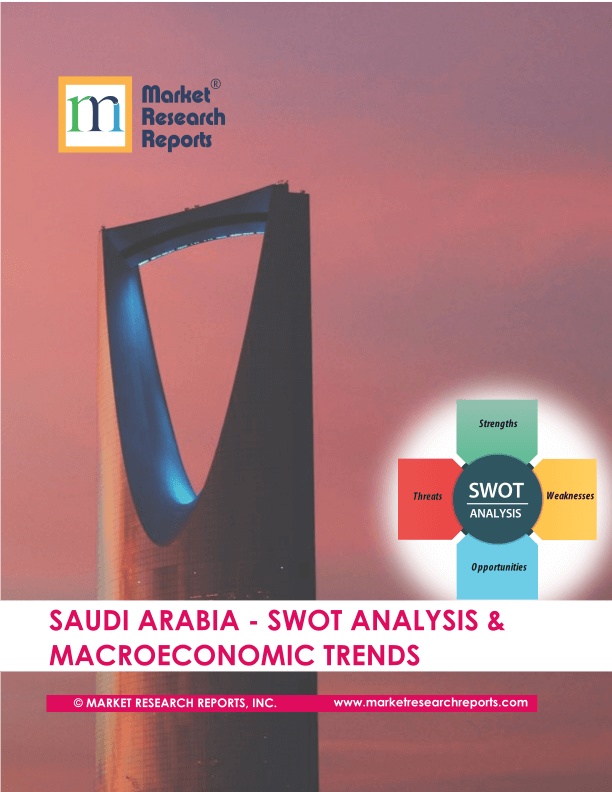Airbus Passes US Tariff Burden Onto Airlines: A Detailed Analysis

Table of Contents
The Imposition of US Tariffs on Airbus Aircraft
The US imposed tariffs on Airbus aircraft as a retaliatory measure in a long-running trade dispute with the European Union. The US government argued that Airbus received illegal subsidies from European governments, giving it an unfair advantage over its main competitor, Boeing. This dispute, stretching back years, involves allegations of both sides receiving unfair government support. These accusations resulted in a long process involving investigations by the World Trade Organization (WTO).
The tariffs, imposed in 2019, affect a range of Airbus aircraft, impacting their competitiveness in the US market and globally. The specific tariff rates vary depending on the aircraft model, adding a substantial cost to the price of each aircraft.
- Timeline of tariff imposition: The tariffs were initially implemented in October 2019.
- Specific tariff rates applied to different Airbus models: Rates ranged from 10% to 15% on various models.
- Impact on Airbus's profitability: The tariffs significantly reduced Airbus's competitiveness and profitability, especially within the US market.
- Reaction from the EU and Airbus: Both the EU and Airbus strongly condemned the tariffs, viewing them as protectionist and unfair. They have pursued various legal challenges through the WTO.
Airbus's Strategy to Offset Tariff Costs
Faced with substantial tariffs, Airbus adopted the strategy of passing the increased costs directly onto its airline customers. This was achieved through various methods, including direct price increases on new aircraft orders and renegotiations of existing contracts. This approach shifts the economic burden of the trade war from the manufacturer to the airlines.
This cost-shifting has far-reaching implications. Airlines now face significantly increased capital expenditure for aircraft acquisition, potentially impacting their financial health and profitability. The increased cost of aircraft could indirectly lead to higher airfares for passengers.
- Examples of specific price increases for different aircraft models: The actual price increases varied depending on the aircraft model and existing contracts. Data on the precise increases isn't always publicly available due to commercial sensitivities.
- Airline responses to the price increases: Airlines have expressed concern about the increased costs but have generally absorbed them, either by adjusting budgets or seeking to negotiate better terms with Airbus.
- Potential for legal challenges from airlines: While unlikely, some airlines might explore legal avenues to contest the price increases, although this is hampered by the nature of the trade dispute being the underlying cause.
- Impact on airline operating costs: Increased aircraft acquisition costs directly translate into higher operating costs for airlines, squeezing profit margins.
The Wider Implications for the Aviation Industry
The Airbus-Boeing trade dispute and the subsequent imposition of tariffs have far-reaching implications for the global aviation industry. The escalating costs and uncertainty created by the tariffs have disrupted the natural competition between Airbus and Boeing, potentially leading to a shift in market share.
The WTO's involvement is crucial, but the process is often lengthy and complex. Furthermore, the potential for retaliatory tariffs from the EU introduces further instability. These actions have major impacts on aircraft manufacturing and supply chains.
- Shift in market share between Airbus and Boeing: While Boeing also faced retaliatory tariffs from the EU, the impact on Airbus's market share has been significant.
- Potential for retaliatory tariffs from the EU: The EU has imposed its own tariffs on Boeing aircraft as a retaliatory measure.
- Long-term impact on aircraft manufacturing and supply chains: The trade war has created uncertainty and disrupted supply chains, affecting the entire aviation industry.
- Consumer impact: higher ticket prices: Ultimately, many of the increased costs associated with these tariffs are likely to be passed on to consumers in the form of higher airfares.
Potential Future Scenarios and Mitigation Strategies
The resolution of the Airbus-Boeing trade dispute remains uncertain. Potential outcomes include negotiated settlements between the US and the EU, rulings from the WTO, or a prolonged period of trade tensions. Airlines are actively pursuing several strategies to mitigate the impact of increased aircraft prices. This includes focusing on route optimization, improving operational efficiency, and exploring cost-cutting measures across their operations.
Government intervention could also play a role, with governments potentially offering subsidies or financial assistance to airlines.
- Possible outcomes of WTO rulings: WTO rulings could lead to a reduction or removal of tariffs, or they could uphold the tariffs, depending on the findings.
- Strategies airlines are adopting to manage costs: Airlines are implementing fuel efficiency programs, reviewing route profitability, and exploring new revenue streams.
- Potential for government intervention: Governments may offer financial support to airlines to alleviate the burden of increased aircraft costs.
- Long-term implications for aircraft pricing: The long-term impact on aircraft pricing remains uncertain, depending largely on the resolution of the trade dispute.
Conclusion
This article analyzed the impact of US tariffs on Airbus and the subsequent decision to pass the cost burden to airlines. The analysis highlighted significant implications for airline profitability, industry competition, and consumer airfares. The ongoing trade dispute underscores the complex interplay between international trade, governmental policies, and the global aviation market. To stay informed on the latest developments in this significant trade dispute and its effect on the Airbus passes US tariff burden onto airlines, continue to follow industry news and analysis. Understanding the dynamics of US tariffs on Airbus aircraft is crucial for all stakeholders in the aviation sector.

Featured Posts
-
 Analysis Saudi Arabias Game Changing Abs Market Reform
May 02, 2025
Analysis Saudi Arabias Game Changing Abs Market Reform
May 02, 2025 -
 Help The National Weather Service Report Tulsa Storm Damage From Saturday
May 02, 2025
Help The National Weather Service Report Tulsa Storm Damage From Saturday
May 02, 2025 -
 Christmas Voucher Glitch On Play Station Sony Provides Credit Compensation
May 02, 2025
Christmas Voucher Glitch On Play Station Sony Provides Credit Compensation
May 02, 2025 -
 International Harry Potter Day Your Guide To The Best Online Harry Potter Stores
May 02, 2025
International Harry Potter Day Your Guide To The Best Online Harry Potter Stores
May 02, 2025 -
 Winning Lotto Numbers Wednesday April 16th 2025
May 02, 2025
Winning Lotto Numbers Wednesday April 16th 2025
May 02, 2025
